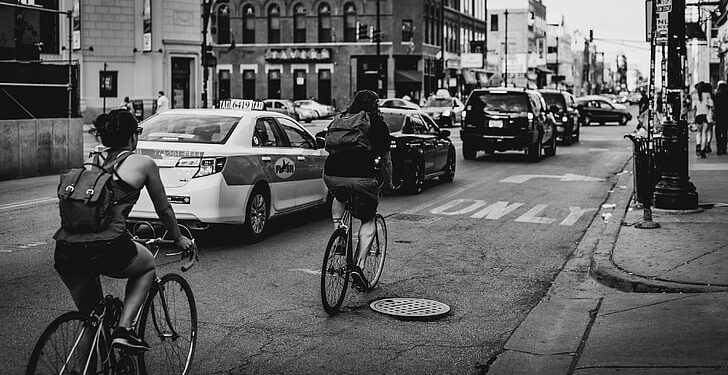The idea of congestion pricing is straightforward and has been around for years. It requires car and truck drivers to pay a fee to enter areas where roads are congested. It may employ tolls or fees to enter certain areas, and including surge pricing when traffic is especially bad. Anyone who has logged on to a rideshare app has probably experienced surge pricing—and had to decide if the benefit of traveling at that moment is worth the additional cost.
A recent Next City article explores the resistance to the policy and concludes that it tends to dissipate once the benefits become evident. Critics initially argue that congestion pricing imposes an economic burden on low-income drivers, displaces traffic to surrounding neighborhoods and question the government’s ability to manage the system and revenue effectively. These arguments prove effective with the public, making policymakers hesitant to implement such initiatives.
Yet, cities that have implemented congestion pricing, like London, Stockholm and Singapore, show a recurring pattern: initial resistance gives way to widespread acceptance and even support.
This transformation stems from the benefits that become apparent post-implementation. Reduced traffic congestion is the most immediate and visible effect. London’s congestion charge zone, introduced in 2003, led to a significant drop in traffic volumes and improved travel times for those who chose to pay the fee. Stockholm experienced similar outcomes, with traffic levels decreasing by 20% and congestion halving in the first year alone.
Environmental improvements also play a role. Reduced traffic translates to lower emissions, improving air quality and contributing to public health. Stockholm’s congestion pricing led to a 10-15% reduction in CO2 emissions, reinforcing the city’s environmental commitments.
The revenue generated from congestion pricing is often reinvested into public transportation and infrastructure improvements. This creates a virtuous cycle: better public transport options encourage more people to leave their cars at home, further reducing congestion and emissions. New York City’s congestion pricing plan halted by the governor was to fund the city’s public transit system, promising enhanced services and infrastructure upgrades.
Well-designed and transparently implemented congestion pricing can overcome initial skepticism by delivering clear and measurable benefits. It may start as a controversial policy, its proven ability to reduce traffic, improve environmental conditions, and generate funds for public transportation helps transform critics into advocates.









